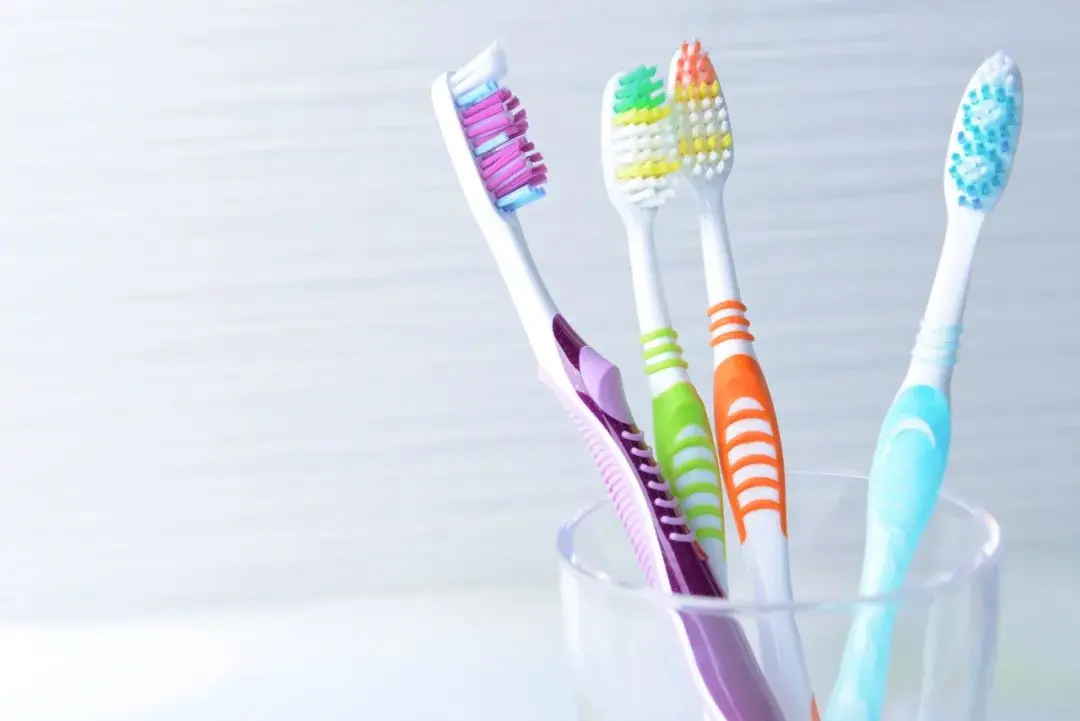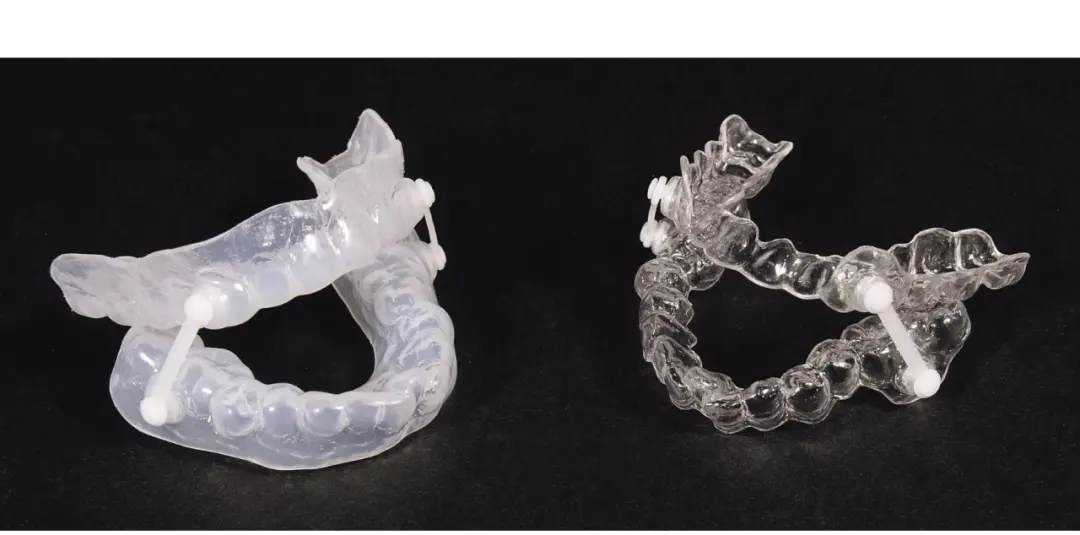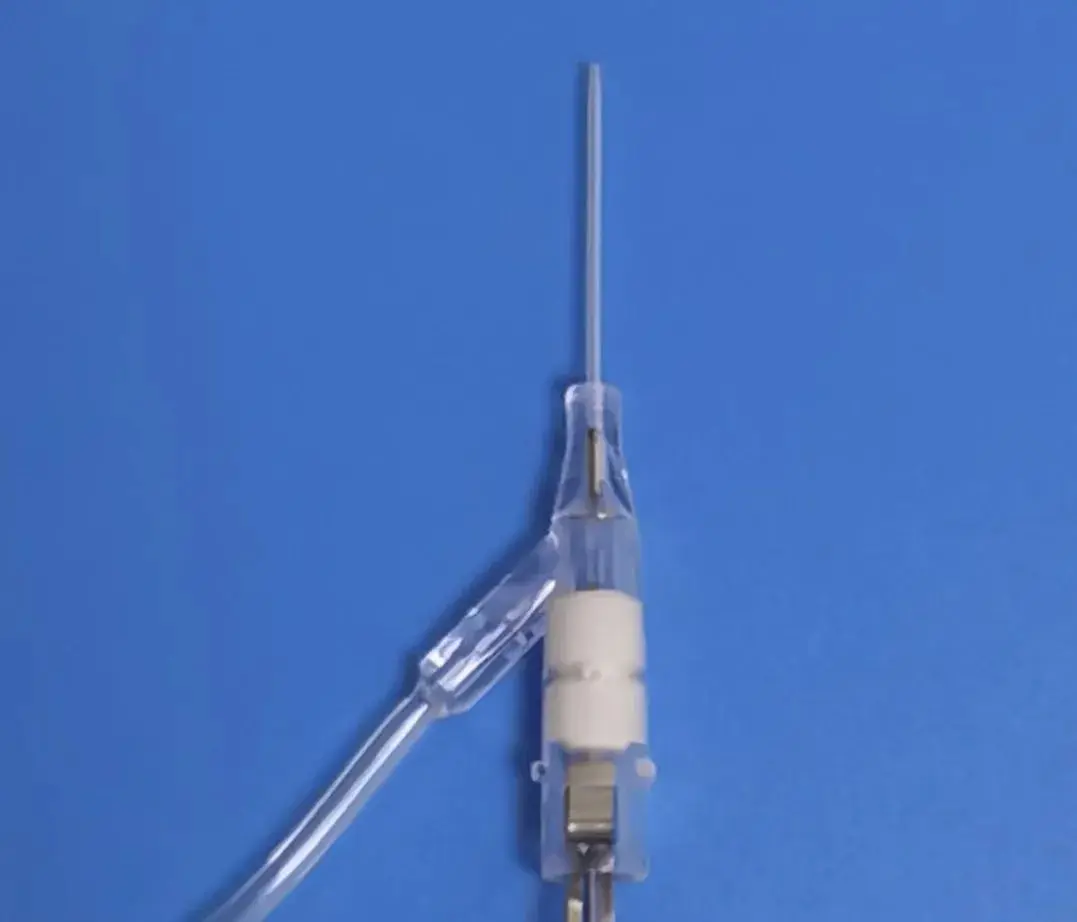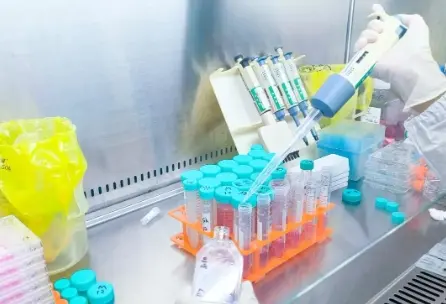
EU Energy Efficiency Testing Laboratory
Energy Efficiency Performance Testing
Eco-design and Energy Label in the EU
- Dishwashers
- Washing Machines
- Washer-Dryers
- Televisions, Monitors, and Other Displays
- Fridges, Freezers, and Wine Storage
- Fridges and Freezers with Sales Function, Beverage Coolers, and Ice Cream Freezers
- Tyres
- Light Sources
- Air Conditioners
- Domestic Ovens
- Range Hoods
- Household Tumble Dryers
- Local Space Heaters
- Professional Refrigerated Storage Cabinets
- Residential Ventilation Units
- Solid Fuel Boilers
- Packages of Solid Fuel Boilers
- Space Heaters/Combination Heaters
- Temperature Controls for Space Heaters
- Solar Devices for Space Heaters
- Water Heaters
- Packages of Water Heaters
- Hot Water Storage Tanks for Water Heaters
- Solar Devices for Water Heaters
EPREL (European Product Registry for Energy Labelling) Registration
Key Deadlines:
1. From January 1, 2019, products under the scope of EU energy label regulations must be registered in the EPREL system before entering the EU market. The supplier (manufacturer, importer, or authorized representative) is responsible for registration.
2. Products entering the EU between August 1, 2017, and January 1, 2019, must be registered by July 1, 2019.
3. For products that entered the EU before August 1, 2017, registration is voluntary. Required information includes energy labels, technical documentation, and proof of compliance.
Product Categories Requiring Registration:
Products requiring registration include air conditioners, fans, kitchen cooking appliances, dishwashers, heaters, lamps, bulbs, local space heaters, household refrigeration equipment, professional refrigeration equipment, solid fuel boilers, televisions, displays, tumble dryers, tyres, vacuum cleaners, residential ventilation units, and household washing machines.
Starting from Q2 2019, consumers can search for energy labels and product information in the EPREL database.
Example of Energy Label Registration Process
1. Obtain an energy efficiency test report from an accredited laboratory.
2. Create an EU Login account on the EPREL system.
3. Non-EU companies cannot register directly and must appoint an Authorized Representative (EU Representative) within the European Economic Area (EEA).
Roles in Energy Label Registration:
- A manufacturer is any entity based in the EU, EEA, or Northern Ireland that designs or manufactures products under its name or brand for the EU market. The manufacturer is responsible for registering each product model in the database.
- An importer is an entity based in the EU, EEA, or Northern Ireland that imports and places products from a third-country manufacturer onto the EU market. The importer’s obligations are based on those of the manufacturer.
- An authorized representative is a natural or legal entity established in the EU, EEA, or Northern Ireland and appointed by a third-country manufacturer to register and act on their behalf for product models placed on the market. The authorized representative must be independent of the manufacturer.
EPREL registration must be completed by a company, not an individual. A single organization can manage multiple product registrations. Suppliers must complete electronic verification through the EPREL system under ORGANISATION > VERIFICATION > ELECTRONIC VERIFICATION.
Energy Label Updates
In 2021, five product groups underwent revisions: refrigerators and freezers, dishwashers, washing machines and washer-dryers, displays and televisions, and light sources.
Products from unverified suppliers will be publicly visible, but their QR codes and EPREL IDs will only be accessible through direct search. However, these products will not appear in consumer searches, which may lead to complaints due to the lack of visible energy registration.
Ecodesign Requirements
The EU Ecodesign Directive defines requirements for 31 product groups to improve energy efficiency. The European Commission coordinates this process.
Key points include:
- Industry sectors can sign voluntary agreements to reduce energy consumption.
- A Consultation Forum exists, including stakeholders from EU countries, industry, and civil society.
- Observer participation is allowed from EFTA countries and relevant organizations.
Ecodesign and Energy Labelling Directives
The EU energy efficiency regulations are based on Directive 2009/125/EC and Regulation (EU) 2017/1369.
The Energy Labelling Regulation applies to 15 product groups, and companies can design their own energy efficiency labels using official tools.
Ecodesign and Energy Labelling Requirements by Product Category
The Ecodesign Directive and Energy Labelling Regulation apply to multiple product categories.
For circulators, regulations include (EC) No 641/2009.
For computers and computer servers, the relevant regulation is (EU) No 617/2013, while enterprise servers and data storage products follow (EU) 2019/424.
Household dishwashers must comply with (EU) No 2019/2022 for ecodesign and (EU) No 2019/2017 for energy labelling.
Domestic ovens, hobs, and range hoods must follow (EU) No 66/2014 for ecodesign and (EU) No 65/2014 for energy labelling.
Electronic displays, including televisions, follow (EU) 2019/2021 for ecodesign and (EU) 2019/2013 for energy labelling.
Electric motors must comply with (EU) 2019/1781.
Industrial fans are regulated under (EU) No 327/2011.
Local space heaters and solid fuel local space heaters must follow (EU) 2015/1188, (EU) 2015/1185, and (EU) 2015/1186. Solid fuel boilers are regulated under (EU) 2015/1189.
Air heating products, cooling products, high-temperature chillers, and fan coil units fall under (EU) No 2016/2281.
Light sources are covered by (EU) 2019/2020 for ecodesign and (EU) 2019/2015 for energy labelling.
External power supplies are regulated under (EU) 2019/1782.
Professional refrigerated storage cabinets, blast cabinets, condensing units, and process chillers must comply with (EU) 2015/1095 and (EU) 2015/1094.
Household refrigerating appliances must follow (EU) 2019/2019 for ecodesign and (EU) 2019/2016 for energy labelling.
Simple set-top boxes are regulated under (EC) No 107/2009.
Standby and off-mode electric power consumption falls under (EC) No 1275/2008.
Household tumble dryers must comply with (EU) No 932/2012 for ecodesign and (EU) No 392/2012 for energy labelling.
Vacuum cleaners must follow (EU) No 666/2013.
Ventilation units are regulated under (EU) No 1253/2014 for ecodesign and (EU) No 1254/2014 for energy labelling.
Household washing machines and washer-dryers must comply with (EU) No 2019/2023 for ecodesign and (EU) No 2019/2014 for energy labelling.
Water pumps must follow (EU) No 547/2012.
Welding equipment is regulated under (EU) 2019/1784.
This document provides an overview of EU energy efficiency regulations, testing requirements, and EPREL registration. Let me know if you need further details!
Email:hello@jjrlab.com
Write your message here and send it to us
 Toothbrush FDA Certification Testing
Toothbrush FDA Certification Testing
 Snoring Device FDA 510k Standard Testing
Snoring Device FDA 510k Standard Testing
 Single Use Intravenous Catheter Certification Test
Single Use Intravenous Catheter Certification Test
 Silicone Material Product Compliance Certification
Silicone Material Product Compliance Certification
 What to Do If Cytotoxicity Test Results Are Positi
What to Do If Cytotoxicity Test Results Are Positi
 ISO 10993:5 Cytotoxicity Testing Methods
ISO 10993:5 Cytotoxicity Testing Methods
 FDA ISO 10993-1 Biocompatibility Evaluation Guidel
FDA ISO 10993-1 Biocompatibility Evaluation Guidel
 In Vitro Cytotoxicity Testing for Medical Devices
In Vitro Cytotoxicity Testing for Medical Devices
Leave us a message
24-hour online customer service at any time to respond, so that you worry!




